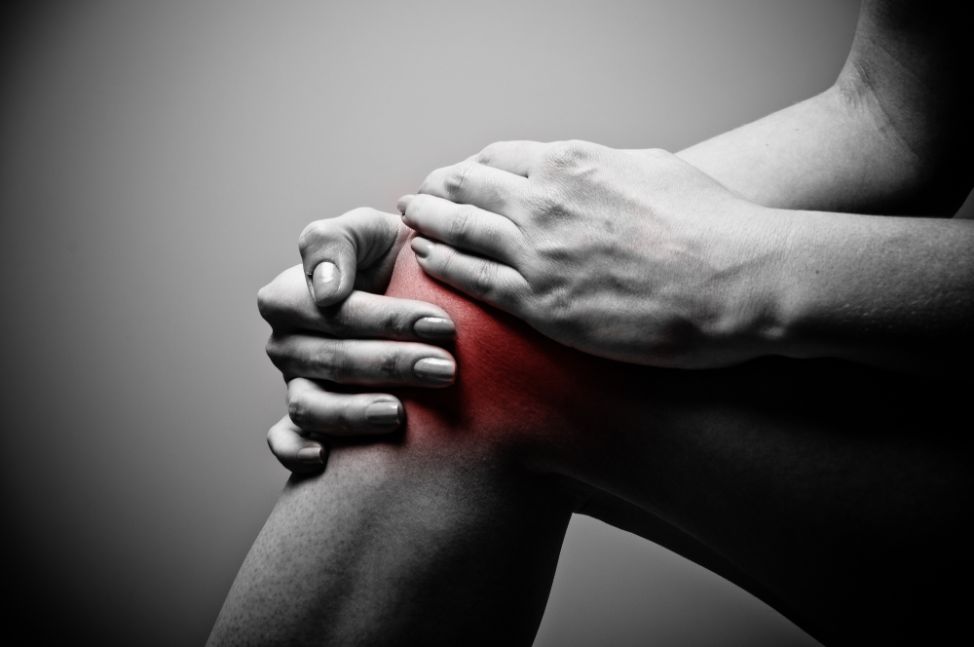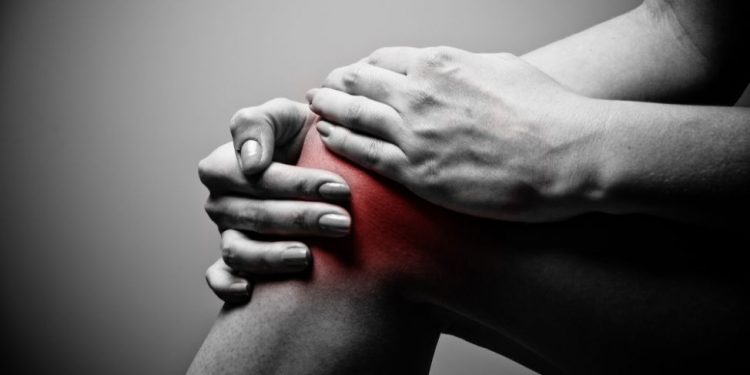Bone pain is a deep ache that feels like it comes from inside the bone. This kind of pain is often a sign of a serious condition, such as arthritis or cancer. But it can also be the result of a simple injury.
The main difference between bone pain and joint or muscle pain is that bone pain tends to feel more sharp, intense and localized. In comparison, joint and muscle pain is typically felt in many different areas of the body.
Symptoms of Bone Pain
The most common bone pain symptoms are pain that’s constant, sharp or stabbing, and it doesn’t go away with movement or rest. Some people have dull aching that is worse at night and less pronounced during the day.
Some types of bone pain are caused by an infection called osteomyelitis, which is usually caused by a bacterial infection that spreads from another part of your body. In this situation, your doctor may prescribe antibiotics to treat the infection and then remove the infected bone.
Other types of bone pain are associated with certain diseases, such as osteoporosis and sickle cell disease. In these cases, the disease interferes with blood flow to your bones and prevents them from growing properly. This causes significant bone pain and can weaken your bones.
Osteoporosis is a chronic disease that affects your bones, especially your long bones (i.e. your hips, spine and wrists). In this condition, your bones become brittle. The bones themselves are also weakened, making it harder for them to move and heal.
Your doctor will examine you closely to find out why the pain is happening and what’s causing it. They’ll look at your joints and other areas of your body where you may have the pain, such as your back, pelvis, legs, arms or ribs. They’ll take x-rays and blood tests to help them decide on the best treatment.

Medications and treatments for bone pain
The most common medication to relieve bone pain is paracetamol. But if the pain is very severe, your doctor may suggest stronger drugs such as codeine or morphine. They may also try to give you more calcium, which can strengthen your bones and reduce the risk of fractures.
Other medicines can also help. They may include NSAIDs, which block pain signals sent to your brain by your nerves, or corticosteroids, which reduce inflammation.
Some other medications may be used to treat the underlying cause of your pain, such as bisphosphonates or monoclonal antibodies. These drugs can be given as a single dose or divided over a few days, depending on how quickly they work and how much you need them.
In rare cases, a specialist might suggest surgery to relieve pain. For example, if the pain is caused by a cancer that has spread to your bones, the doctor might put you under anesthesia to inject a medication that destroys the cancer cells.
Other treatments for bone pain might include radiotherapy, which kills cancer cells in the bone and reduces pain. This type of treatment is usually given for a few weeks, but it can be repeated in the future if needed.









